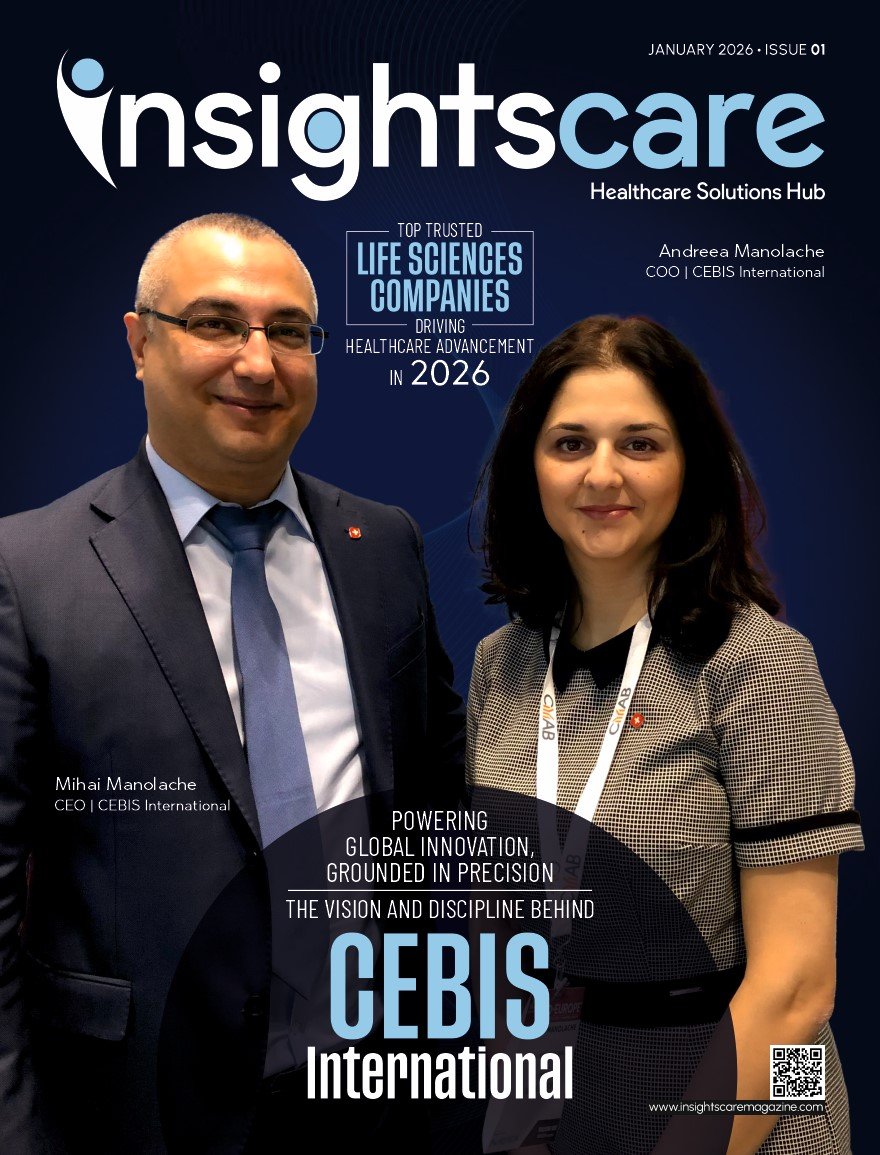Prime Highlights:
Researchers at Mass General Brigham developed an AI tool that detects subtle brain wave changes to predict cognitive decline in asymptomatic individuals.
The tool was tested using sleep data from women over 65, tracked for five years. It identified 85% of those who would later develop cognitive impairment with 77% accuracy.
Key Background:
A groundbreaking artificial intelligence (AI) tool developed by researchers at Mass General Brigham has demonstrated the ability to predict cognitive decline in asymptomatic individuals, offering the potential for early intervention. The AI technology focuses on detecting subtle shifts in brain wave patterns that can indicate future cognitive impairment, even before any noticeable symptoms emerge.
The development of this tool stems from a study using sleep data from women over the age of 65, who were monitored over five years. The researchers identified specific changes in brain waves that could predict which participants would later develop cognitive impairment. The AI tool achieved an accuracy rate of 77%, successfully identifying 85% of individuals who would eventually be diagnosed with cognitive decline. This study was published in the Journal of Alzheimer’s Disease.
Dr. Shahab Haghayegh, lead author of the study, emphasized the significance of the research, noting that the AI tool allows for early identification of those at risk through a simple overnight EEG recording. This non-invasive procedure could revolutionize the way dementia is approached by enabling earlier detection and treatment, ultimately improving the chances of slowing the progression of the disease.
Early-stage interventions, particularly those using FDA-approved treatments for Alzheimer’s disease, are significantly more effective than treatments administered during more advanced stages of dementia. Dr. Kun Hu, senior author and physiologist at Brigham and Women’s Hospital, underscored the importance of early detection, explaining that interventions performed before cognitive decline becomes apparent are likely to yield better outcomes.
By leveraging AI and advanced information theory techniques to analyze subtle brain wave changes during sleep, this technology offers a promising opportunity for timely intervention, potentially delaying or even preventing the onset of dementia-related symptoms. This breakthrough underscores the transformative potential of AI in healthcare, particularly in the early detection and prevention of cognitive diseases such as dementia.










